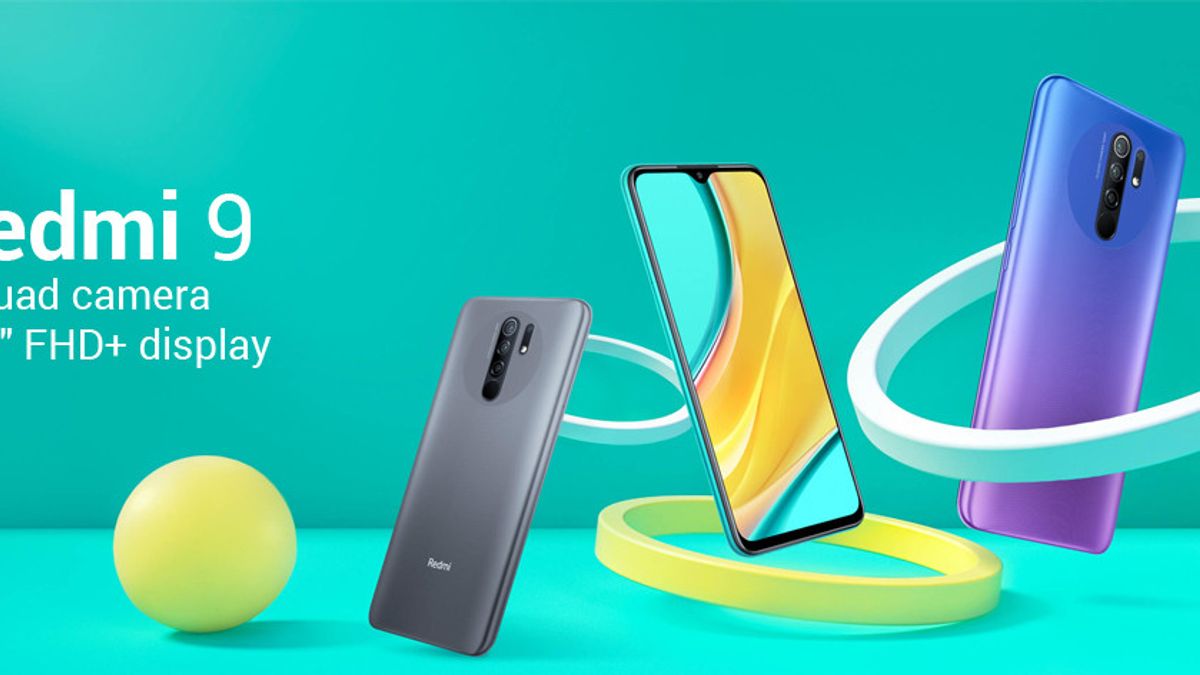JAKARTA – Xiaomi is now the largest smartphone manufacturer in the world and will take over from Samsung and Apple in June 2021.
While they may not offer the best smartphones yet, Xiaomi thrives on budget-friendly devices that seem too good to be true. However, they are constantly monitored for their privacy practices and data collection methods.
So can you trust them with your data? Are users at risk when using Xiaomi devices?
Xiaomi's Data Collection Problem
In 2020, Xiaomi was caught collecting data, even in Mi browser incognito mode. This includes search queries and URLs.
Xiaomi denies the claims, but security researchers provide evidence that highlights another side of the story.
To fix this, Xiaomi is also pushing an update that lets users disable data collection in incognito mode. While such a feature shouldn't be required for incognito mode, they added it to maintain their data collection techniques.
They are also accused of collecting excessive and unnecessary device usage data. So, with all that in mind, Xiaomi doesn't have a good track record with its privacy practices.
Xiaomi's Privacy Policy
Considering that Xiaomi wants to target the western market more than ever, they have updated their privacy policy to provide more clarity. While they may not be the best policies, they have improved tremendously here.
Not only limited to their privacy policy, but they have also made some changes to their Android skin (MIUI) to introduce some privacy-centric features such as:
- Ability to revoke default app permissions.
- Request a privacy policy agreement when using any of their default apps.
- Ability to opt-out of all company advertisements and notifications.
- Option to remove metadata from images in gallery before sharing them.
It should be noted that the features offered in the MIUI software may differ by country, but MakeUseOf uses the global version of MIUI 12.5.5 as a reference.
What Should You Do If Privacy Is Your Priority?
For starters, you can look at options from Samsung, Motorola, and Nokia. But it all comes back to your budget and requirements when buying a smartphone.
Xiaomi devices haven't made a dent in the western market, but they do offer an interesting selection of devices for the rest of the world.
From low-end devices for $200 to some premium handsets, they have something for everyone.
Unlike their software (or data collection methods), the hardware has proven to be on par with other Android smartphone manufacturers, maybe even better.
If you need access to better specs, on paper, you don't have much choice. Be it OnePlus, Oppo, Vivo, or any other Chinese manufacturer, they all offer similar privacy policies.
How to Protect Your Privacy on Xiaomi Devices
Android gives you the flexibility to change the privacy and security of your device, no matter what smartphone you have.
SEE ALSO:
Even with Xiaomi devices, you can protect your privacy without having to worry about the data on your smartphone. You have to remember a few things:
- Stay away from Xiaomi's default apps.
- Monitor Android app permissions.
- Opt-out of any data collection when setting up the device.
Are Cheap Smartphones from Xiaomi Different from Others?
Not necessarily. Each smartphone manufacturer collects anonymized device usage and some app usage data.
Differences arise in terms of the handling of recorded data, transparency of data collection methods, and privacy policies.
So even if you opt for a smartphone with a better privacy policy, you should always be careful and look for something worrying from the manufacturer. After all, your smartphone stores a huge amount of data.
The English, Chinese, Japanese, Arabic, and French versions are automatically generated by the AI. So there may still be inaccuracies in translating, please always see Indonesian as our main language. (system supported by DigitalSiber.id)

















